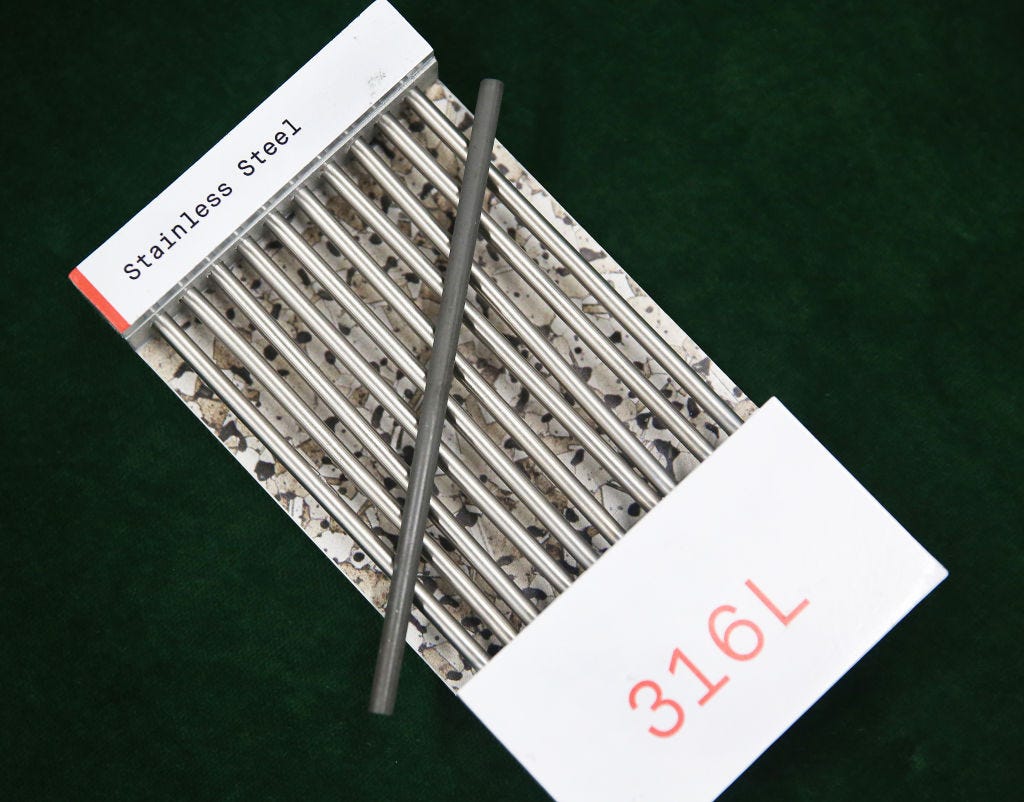💥Heavy Metal💥
Desktop Metal Files. Gaming and Mass Tort BKs are back!
On July 28, 2025, Massachusetts-based Desktop Metal Inc. (“DM” or the “company”) and 15 affiliates (collectively with the company, the “debtors”) filed chapter 11 bankruptcy cases in the Southern District of Texas (Judge Lopez). We discussed this sh*tco — a Nano Dimension Ltd. ($NNDM)-owned developer and prov…


